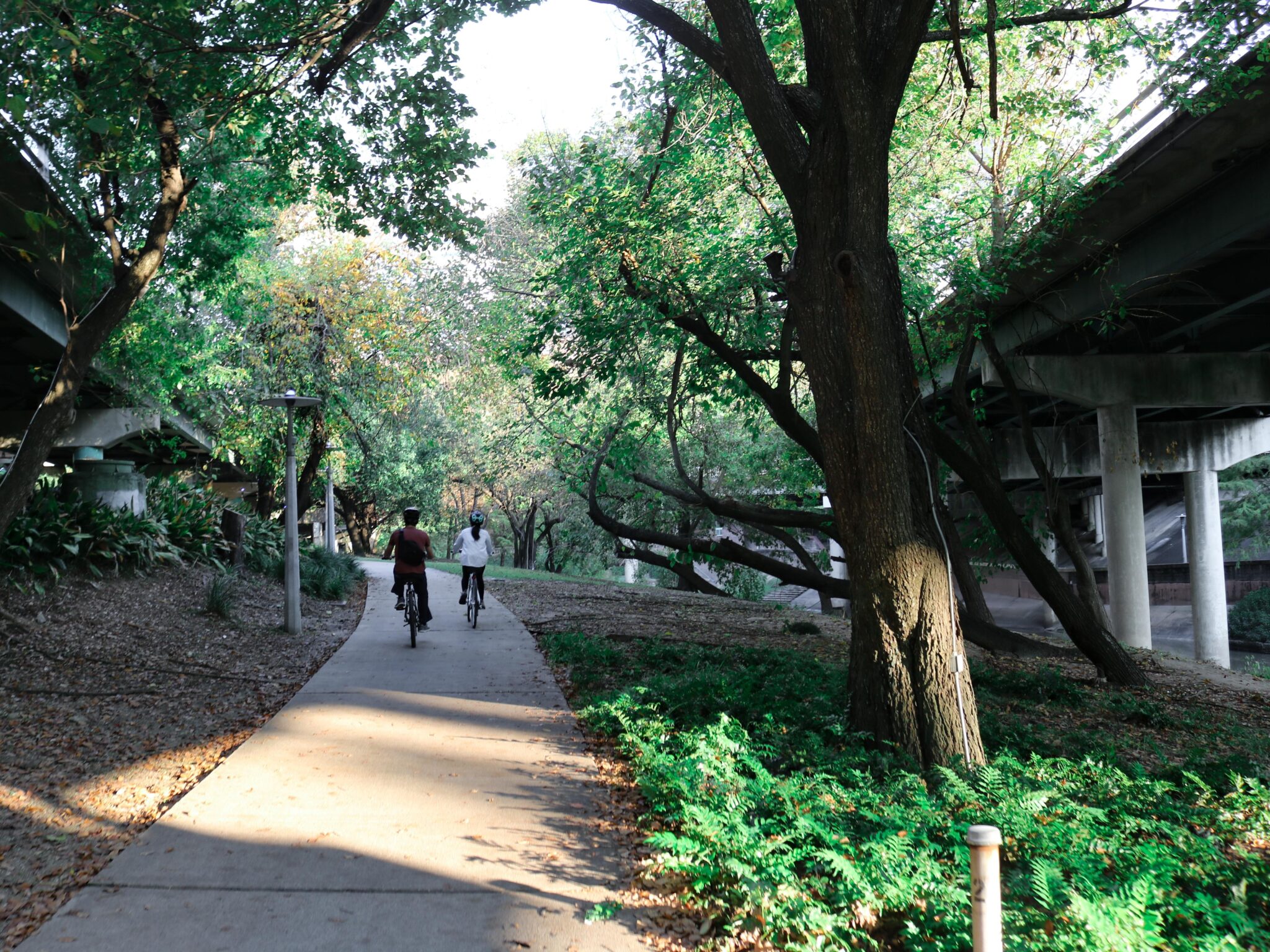Houston, Texas is a popular destination for newcomers thanks to its strong economy, diverse culture, and affordable cost of living. However, it’s important to compare the cost of living in Houston to other parts of the country before making a move.
Overall, Houston has a lower cost of living than the national average. According to the Council for Community and Economic Research (C2ER), Houston’s cost of living index is 98.5, compared to the national average of 100. This means that goods and services in Houston are about 1.5% cheaper than in the rest of the country.
Here is a more detailed comparison of the cost of living in Houston to other parts of the country:
Housing: Housing is the biggest expense for most people, and Houston is no exception. However, housing costs in Houston are lower than the national average. The median home price in Houston is $345,000, compared to the national average of $428,700. Rent is also lower in Houston, with the median rent for a one-bedroom apartment being $1,500, compared to the national average of $1,800.
Utilities: Utilities are also lower in Houston than the national average. The average monthly utility bill in Houston is $155, compared to the national average of $165. This is likely due to Houston’s relatively mild climate, which means that residents don’t have to spend as much on heating and cooling their homes.
Food: Food prices in Houston are about the same as the national average. The grocery price index in Houston is 105, compared to the national average of 102. This means that groceries in Houston are about 3% more expensive than in the rest of the country.
Transportation: Transportation costs in Houston are also about the same as the national average. The transportation index in Houston is 90, compared to the national average of 100. This means that transportation costs in Houston are about 10% lower than in the rest of the country.
Other expenses: Other expenses, such as healthcare and entertainment, are also about the same in Houston as they are in the rest of the country.
Overall, Houston has a lower cost of living than the national average. The biggest difference in the cost of living between Houston and the rest of the country is in housing.
Here are some tips for saving money on the cost of living in Houston:
- Consider living in a less expensive neighborhood. Houston has a variety of neighborhoods to choose from, with different price points. If you’re willing to live further away from the city center, you can find more affordable housing.
- Look for roommates. If you’re single or have a small family, consider getting roommates to help split the cost of rent.
- Take advantage of free and low-cost activities. Houston has a lot to offer residents and visitors alike, without spending a lot of money. There are free museums, parks, and events throughout the year.
- Cook at home more often. Eating out can be expensive, especially in Houston. Save money by cooking at home more often.
- Use public transportation or carpool. Driving can be expensive, especially in a city like Houston with traffic congestion. Save money on gas and parking by using public transportation or carpooling with friends or coworkers.
Houston is a great city to live in for newcomers looking for an affordable cost of living. The city has a strong economy, diverse culture, and plenty of free and low-cost activities to enjoy.




